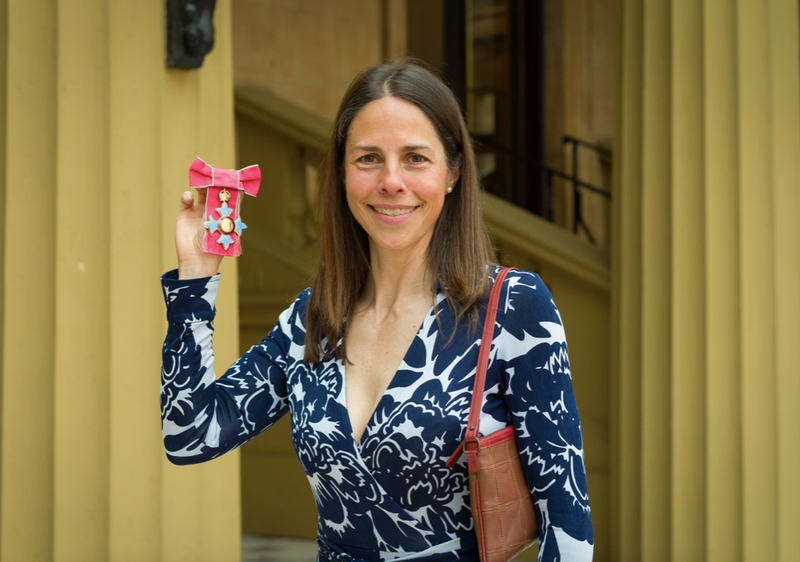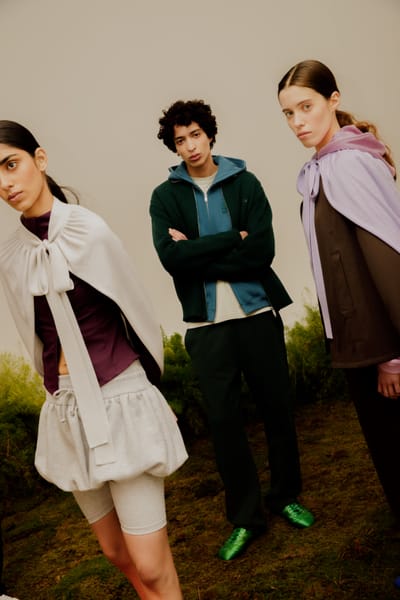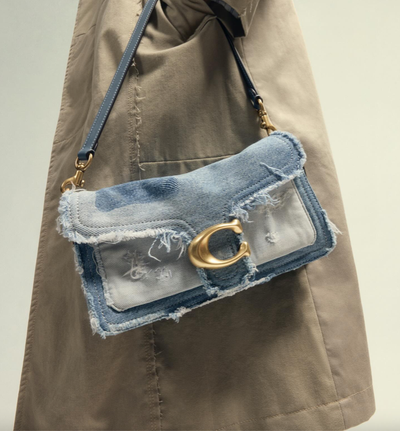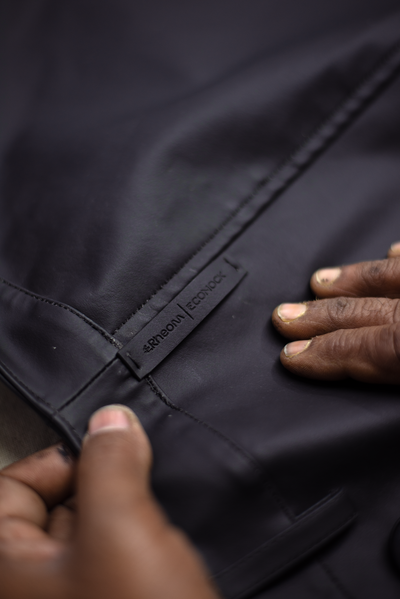When Kresse Wesling received the FUTURE ICONS Award for the Best Fashion & Accessories Environmental Initiative, it felt like a huge win not just for her, but for nature itself. “Being named a Future Icon alongside people like David Attenborough and Dale Vince just blew me away,” Wesling shared. The award symbolised a broader victory for her and Elvis & Kresse’s commitment to environmental and social good.
Founded on the idea of rescuing materials from landfills, Elvis & Kresse has turned waste into luxury goods, beginning with decommissioned fire hoses. “We were inspired by the fire-hose itself.” Wesling explained. “The sad reality is that once fire hoses are too damaged to repair, they would otherwise go to landfill.” It was this unacceptable waste that sparked Wesling's vision and set the foundation for Elvis & Kresse. The company not only found a way to save fire hoses but transformed them into high-quality accessories, like belts and bags, beloved by sustainably minded consumers.
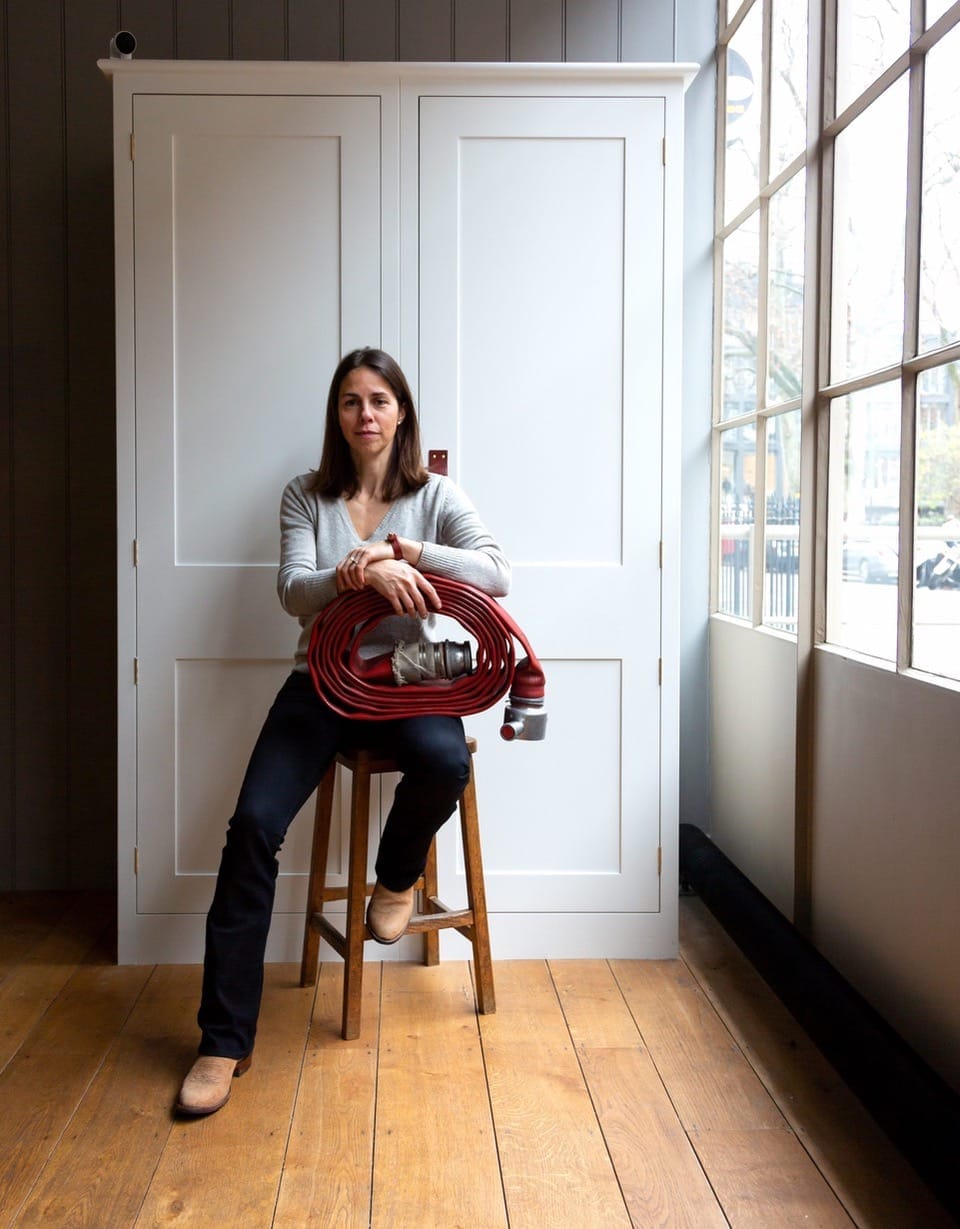
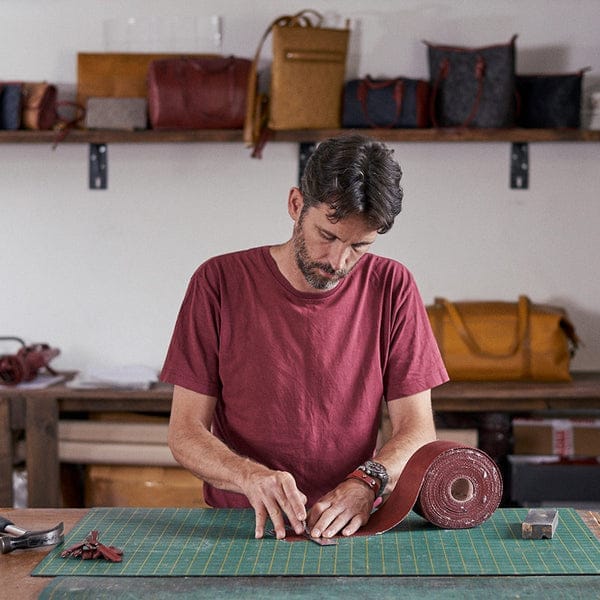
Kresse Wesling and James (Elvis) Henrit, founders of Elvis & Kresse.
Since those early days, Elvis & Kresse has expanded its mission, now working with 15 types of materials to ensure a “fully regenerative mission.” The company’s commitment to a sustainable, closed-loop system extends beyond production to its physical location: a farm designed to operate with a net-positive environmental impact. “Everyone should come and see the farm!” Wesling said enthusiastically. “Most businesses take more than they give back, in terms of carbon, water, human capital. We came here to generate more renewables than we consume, treat more water than we use, and sequester more carbon than we emit. Businesses can be regenerative—we’re proving it.”
Achieving these goals hasn’t come without challenges. Working with waste materials has required developing specific systems to make them usable and high quality. “There are challenges working with waste,” Wesling acknowledged, “but if you create a system for a specific material, it becomes simpler.” Elvis & Kresse has developed efficient processes for reusing materials like hoses and leather, turning what was once waste into luxury. Although working with waste does add to labour costs, it’s a price Wesling feels is worth paying. “We don’t have to overcome the guilt of generating a new material!” she noted, reflecting her deep commitment to creating impact without additional environmental cost.
The company’s model of giving back—donating 50% of its profits to charity—demonstrates an ethos where profit and purpose are intertwined. For Wesling, there’s no compromise between the two. “There is no balance; it is all one thing,” she explained. “In a world characterised by rising inequality, we should all be obliged to give back. Giving is great! Businesses have to give, have to be sustainable, have to be better all around. This isn’t something you balance out—you have to do all of it.”
This philosophy of responsibility pervades every decision at Elvis & Kresse. From design to production, every choice is filtered through the company’s social mission, which Wesling summed up with a simple but powerful question: “Is this going to make the world better for other people’s grandchildren?” If the answer is no, then it doesn’t fit with the company’s goals. This commitment is what earned Elvis & Kresse recognition from the FUTURE ICONS judges, who lauded its mission-driven approach.
Even beyond the products, Wesling hopes that Elvis & Kresse’s impact will continue to grow through partnerships with other brands, such as its ongoing collaboration with Burberry. “We are working on how to fast-forward our impact through collaborations and partnerships,” she said. By teaming up with established brands, Wesling sees the potential to rescue even more materials, keeping them from landfills and inspiring more sustainable practices across the industry.
Elvis & Kresse’s success is also an inspiration for other entrepreneurs. Wesling encourages those interested in sustainability to “come and see us—we have a 20-year head start and we can help!” This readiness to mentor and share insights is central to Wesling’s vision of a business community that supports broader social and environmental goals. “We want people to know that there’s a belt you can wear or a bag you can carry which truly reflects your values, looks great, and helps deliver a better future,” she said, summing up the message she hopes resonates with new audiences learning about Elvis & Kresse for the first time.
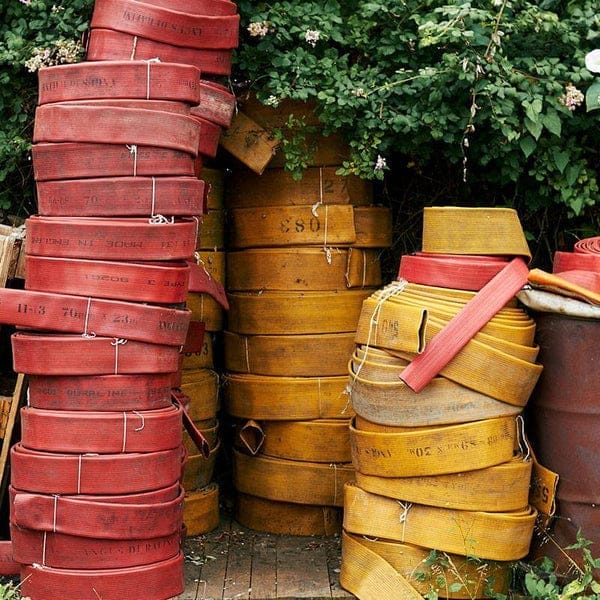
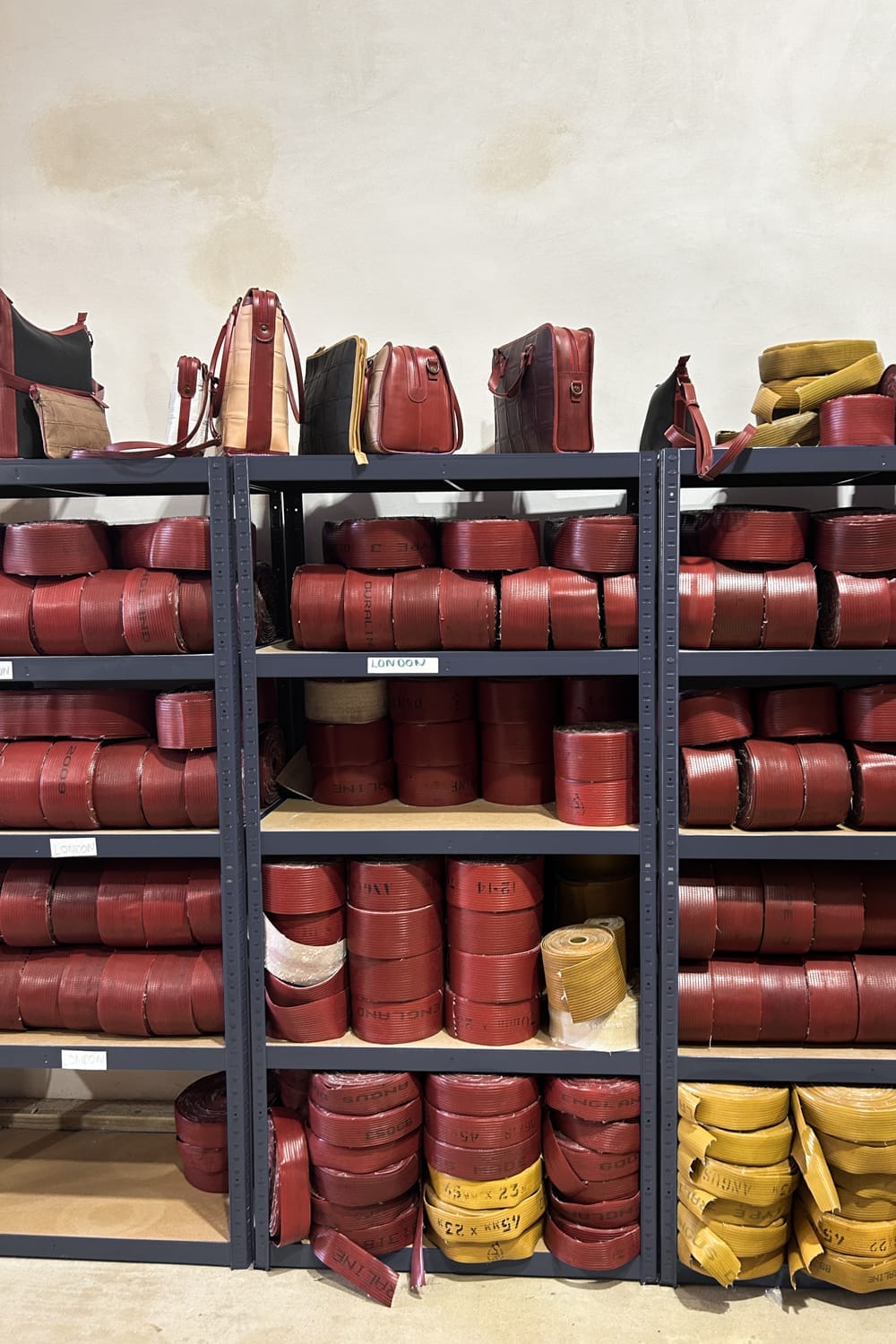
With an eye toward the future, Wesling envisions Elvis & Kresse continuing to play a key role in the sustainable fashion movement, driving conversations around waste reduction and environmental responsibility. The company is already exploring new materials to rescue, including littered aluminium cans, with plans for even more ambitious projects in the years to come.
Winning the FUTURE ICONS Award is a significant milestone for Elvis & Kresse, but it’s clear that for Wesling, it’s just one more step in a journey defined by continuous impact. Her unwavering dedication to turning waste into beauty, giving back, and inspiring change remains at the heart of Elvis & Kresse’s mission. As Wesling noted, “Our work is not just about making things—it’s about making things better for everyone.”


